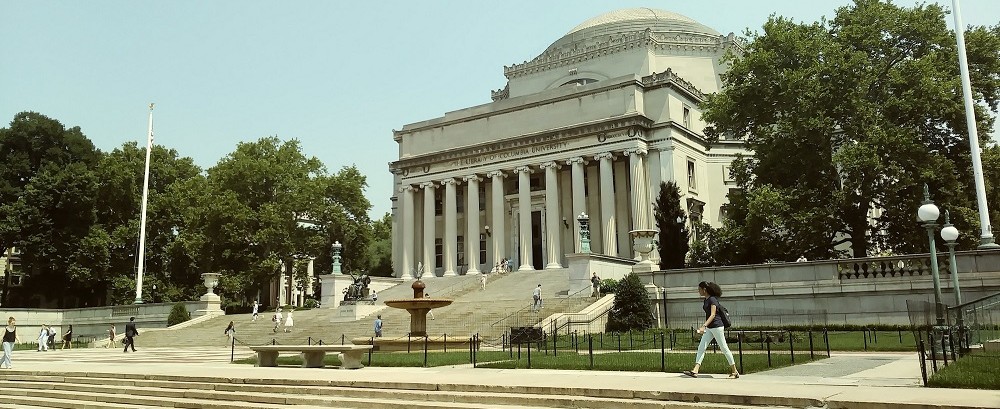Columbia hosts an NSF MRSEC, called the Center for Precision Assembly of Superstratic and Superatomic Solids, which is a partnership with City College of New York, as well as academic, industry, and international collaborators. Faculty from materials science, chemistry, physics, mechanical engineering, and electrical engineering, form two interdisciplinary research groups and focus on two-dimensional atomic sheets and zero-dimensional molecular clusters.
Outreach and education is critical to the center and it seeks to provide graduate and postgraduate training in research and other professional skills, to guide hands-on instruction in materials science, to support local students and teachers, and to encourage student research at all levels.
ELEMENTARY
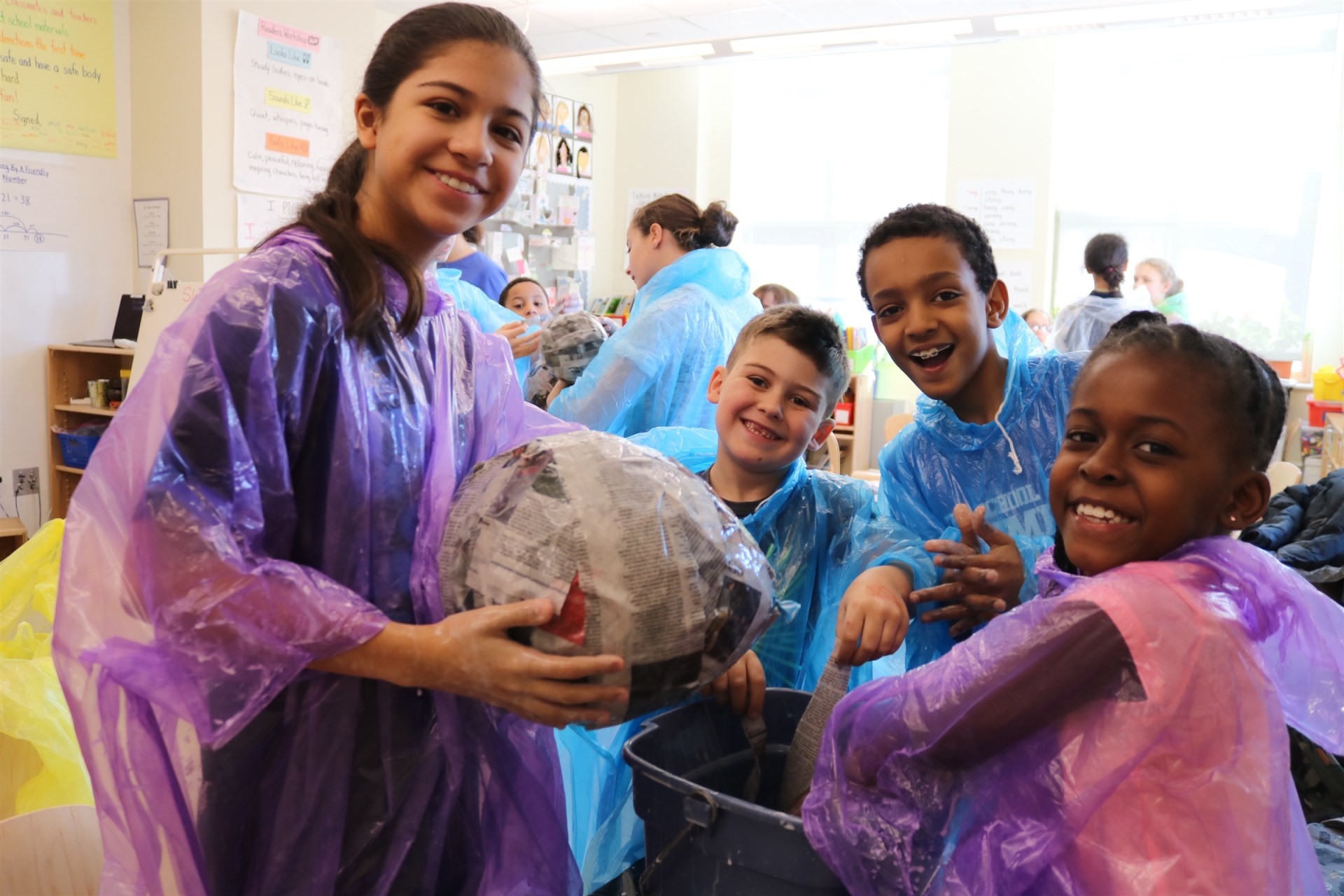
This four-day materials science education project is for K-8 school students and occurs every spring.
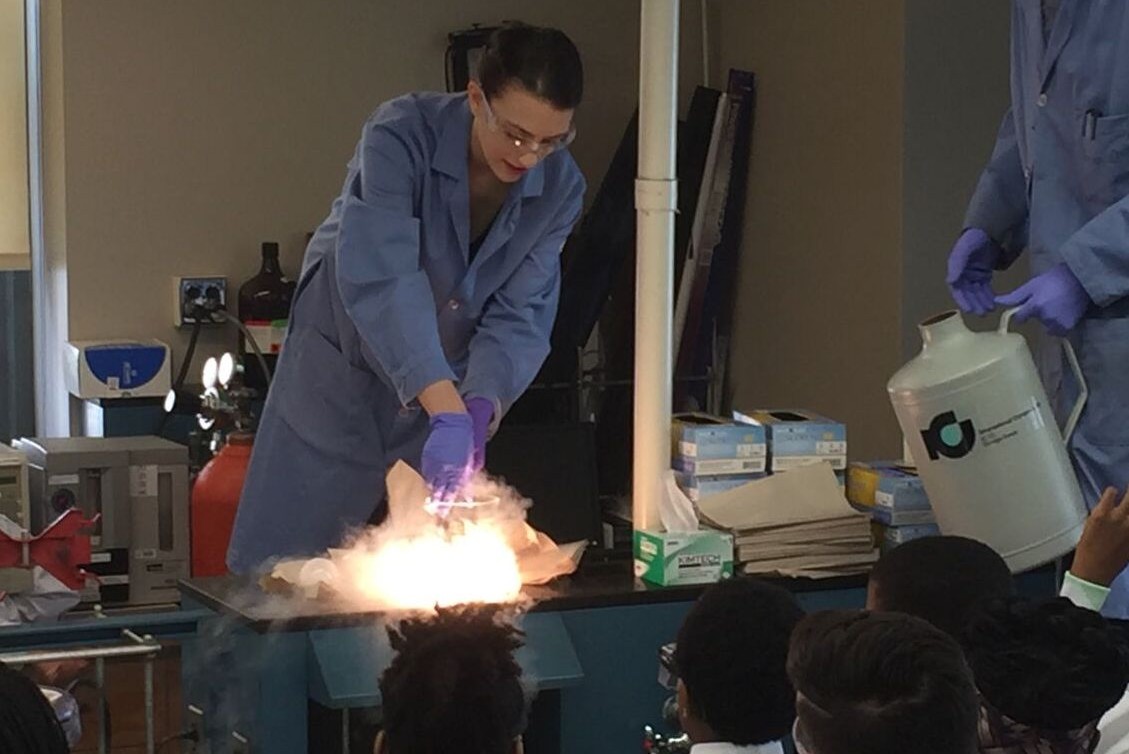
This day of science activities for 5th-7th graders focuses on physics and chemistry demonstrations.
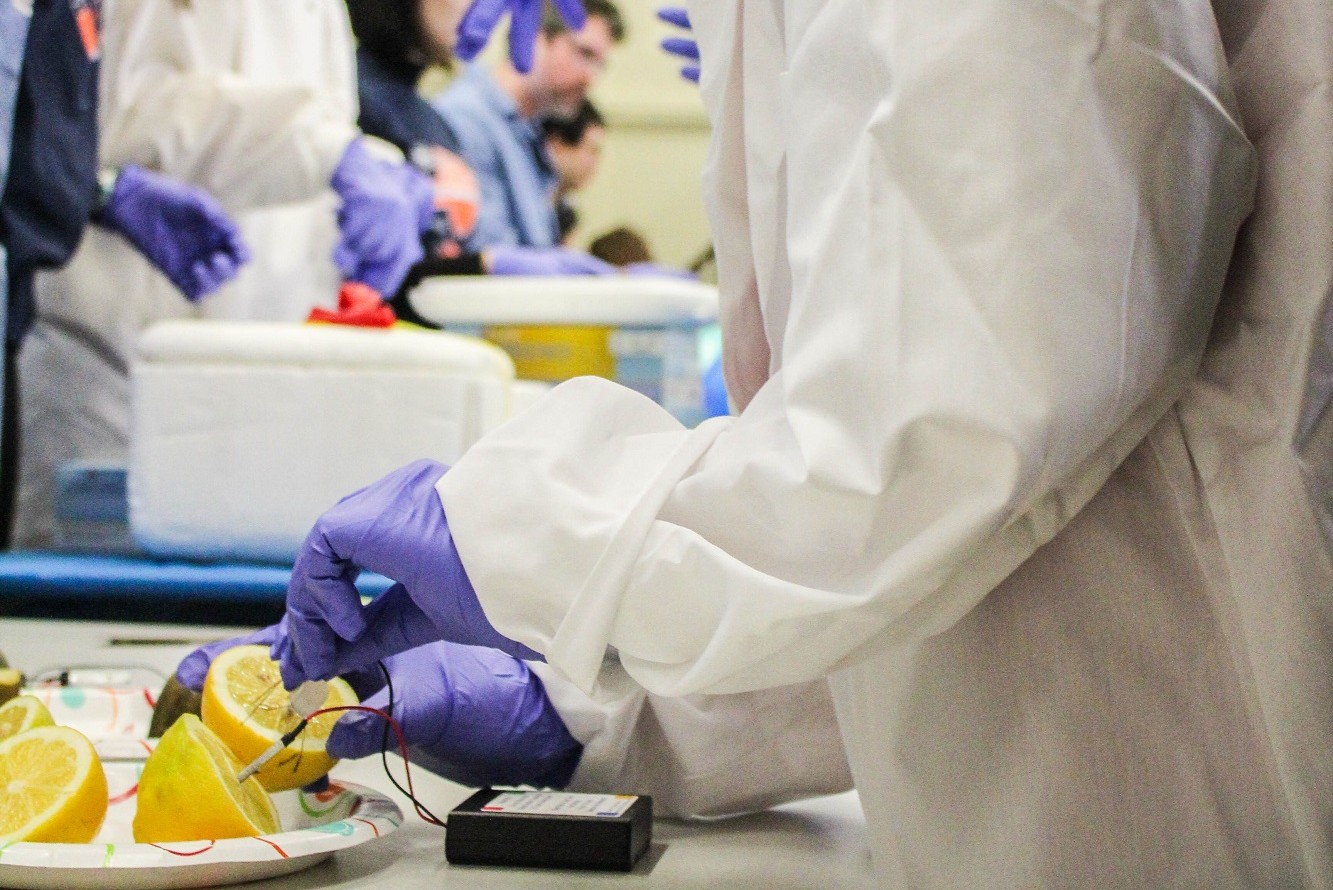
Students visit the Columbia University campus, where CU students provide lab training and lead experiments.
SECONDARY
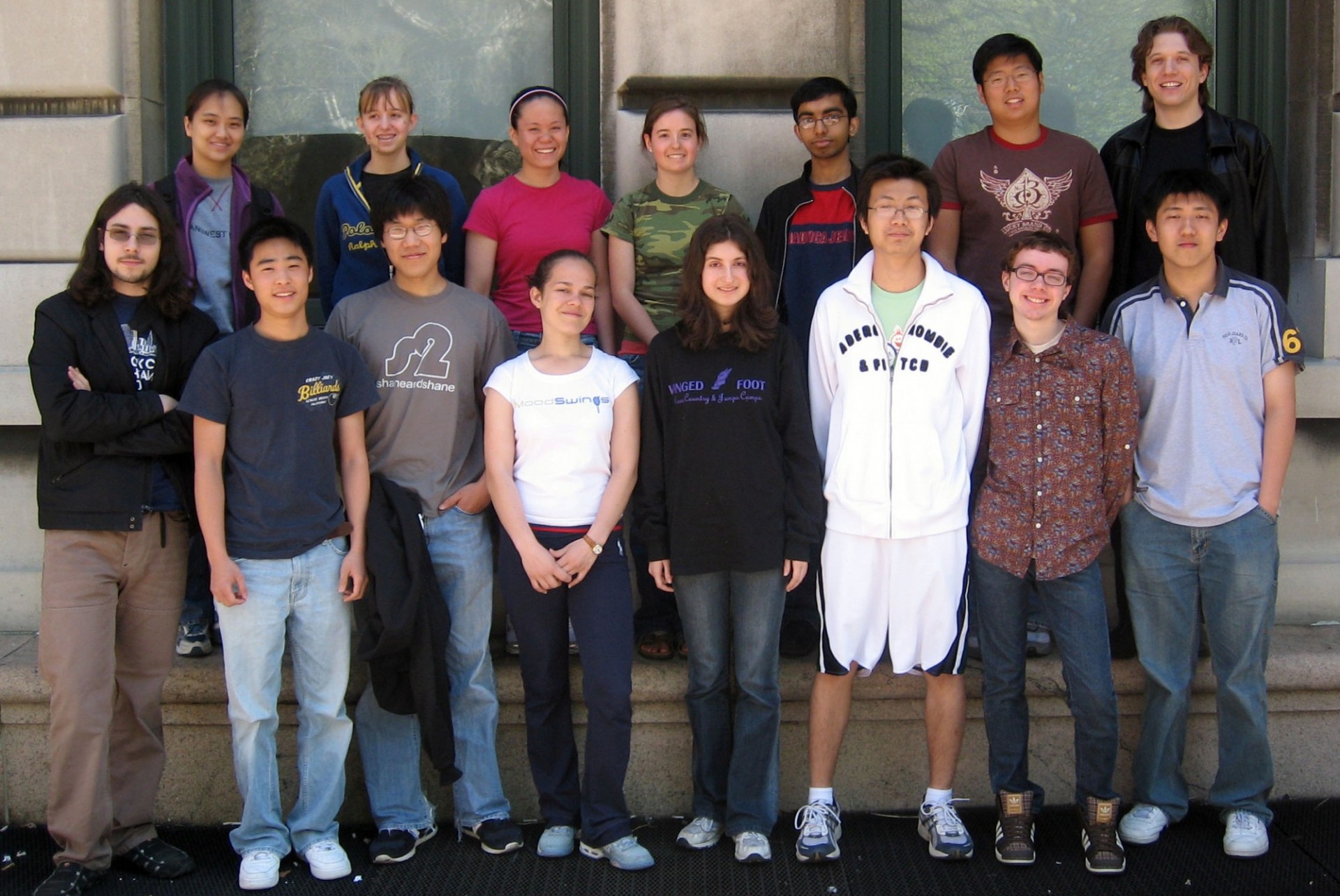
This Saturday program is designed for high school students who have a strong interest in science and mathematics.
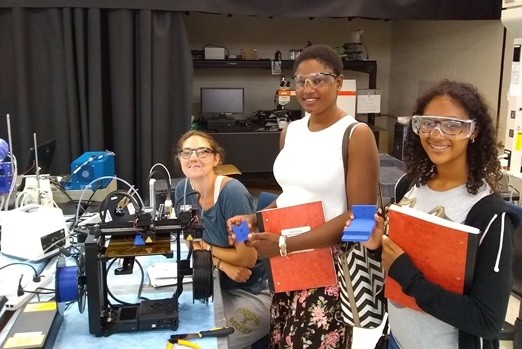
This research opportunity for highly motivated under-represented high school students runs for six weeks over the summer.
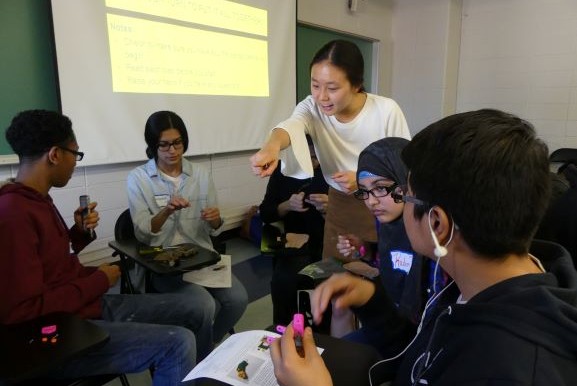
This intensive academic program provides tutoring, faculty lectures, and student panels and runs during school breaks.
TEACHERS
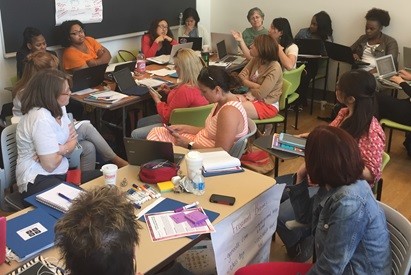
Columbia's RET offers training in emerging technology, includes a summer program and support throughout the academic year.
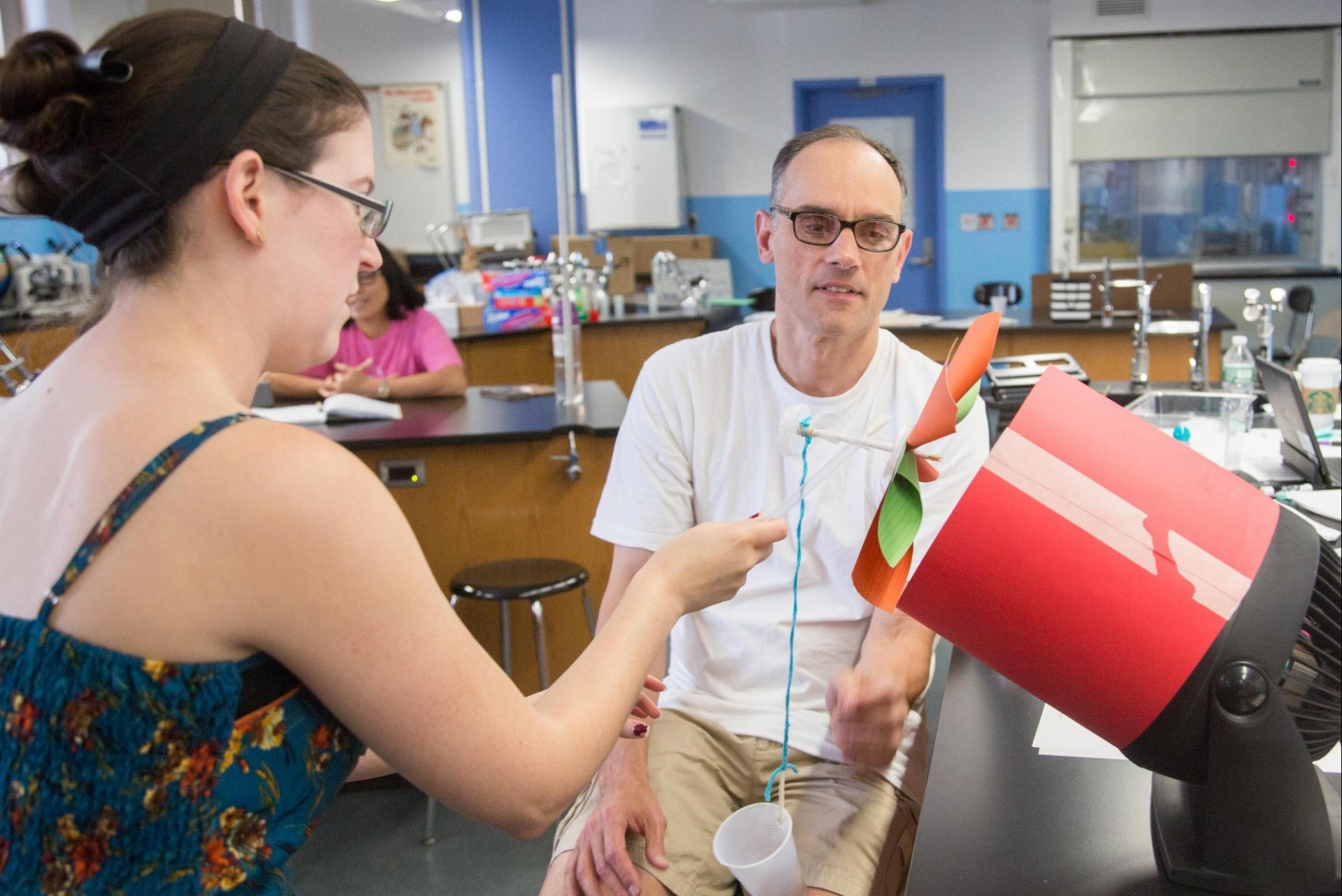
This professional development series cultivates excellence in STEM teaching and promotes deep understanding for students.
Community College, Undergraduate & Graduate
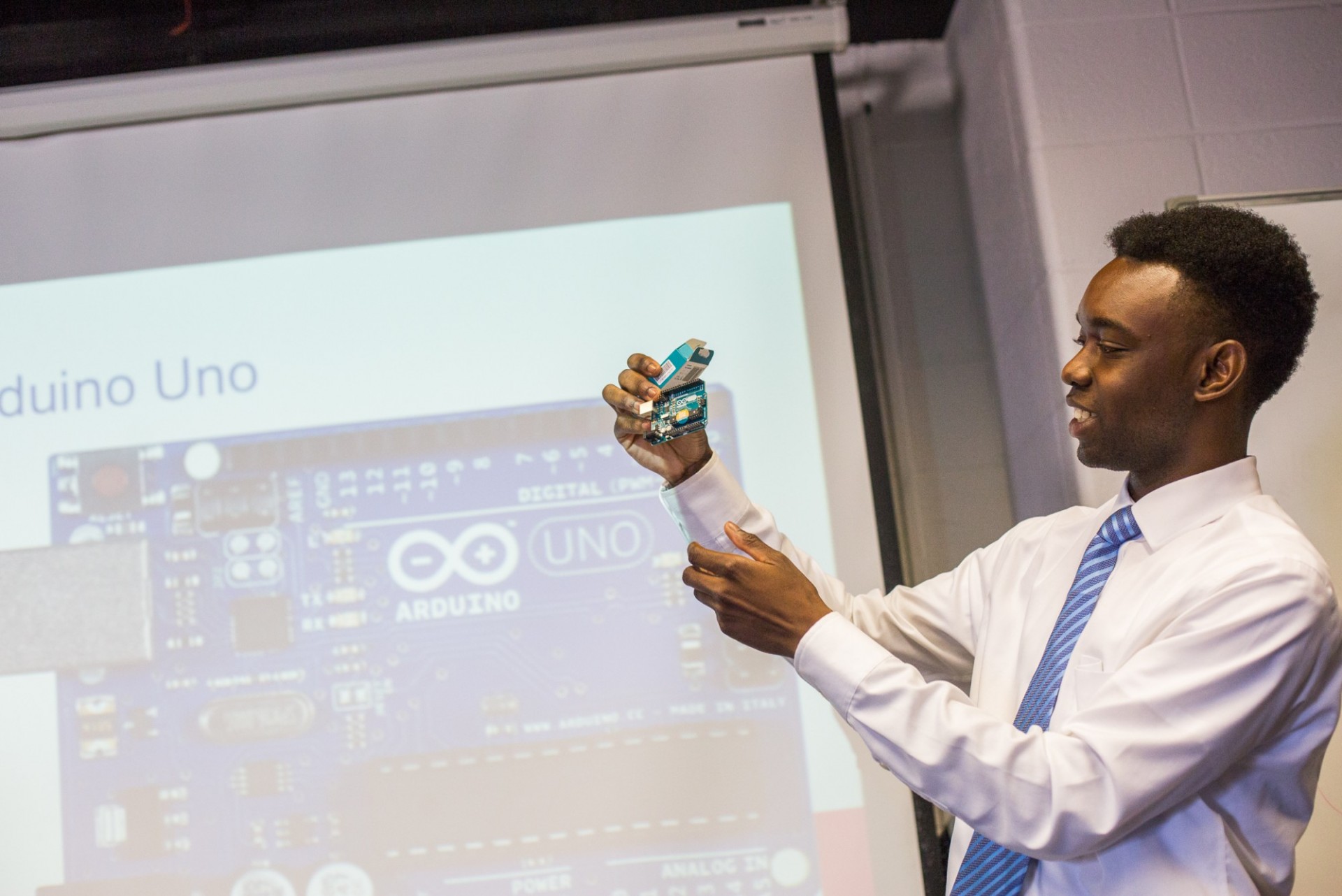
LGCC students can enroll in a research course and continue with hands-on lab experience at Columbia over the summer.
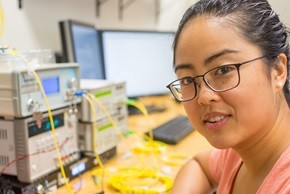
This REU allows undergraduate students to conduct research with Columbia faculty members in New York City over the summer.
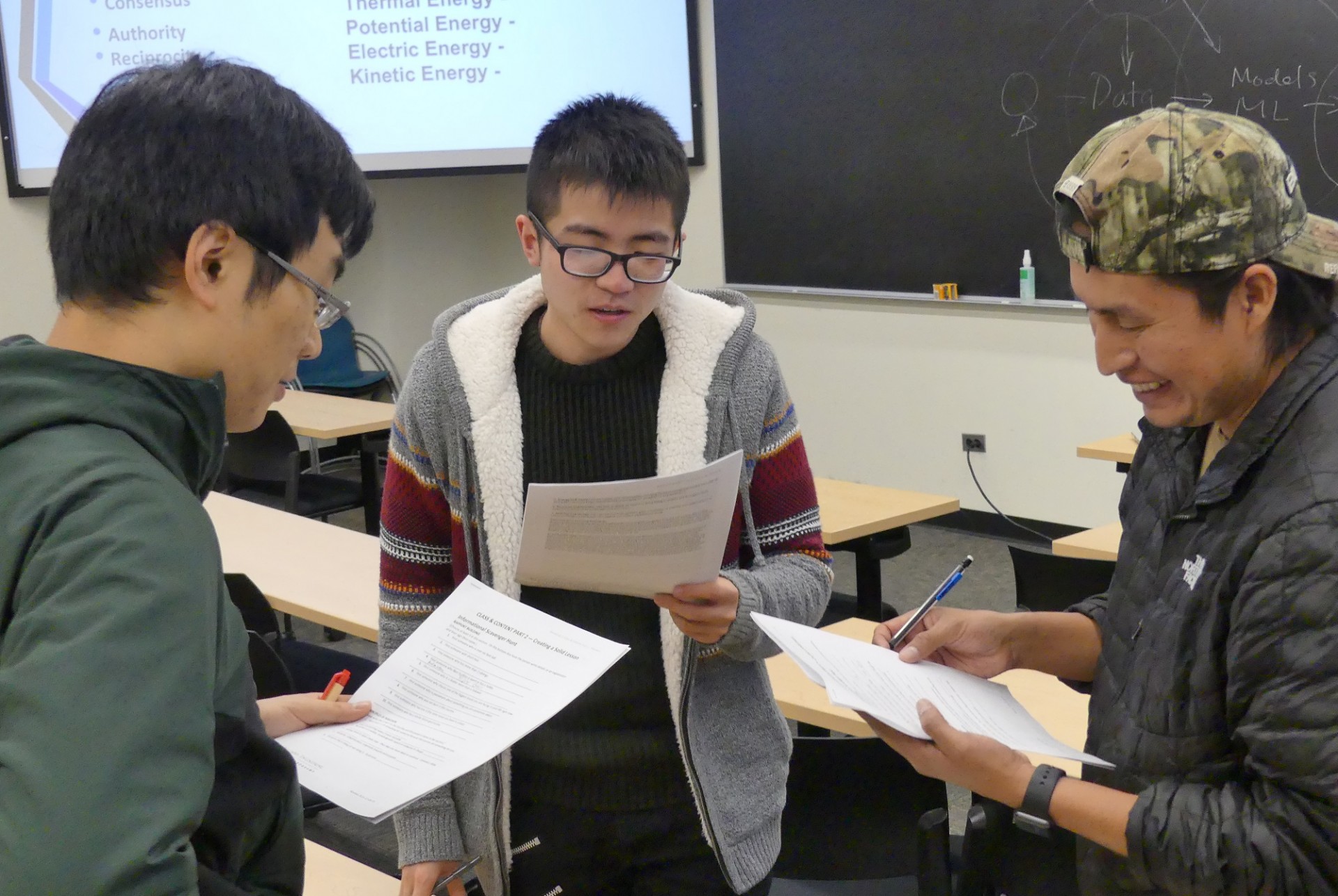
Professional development topics include best practices and practical applications in science communication and research mentoring.

